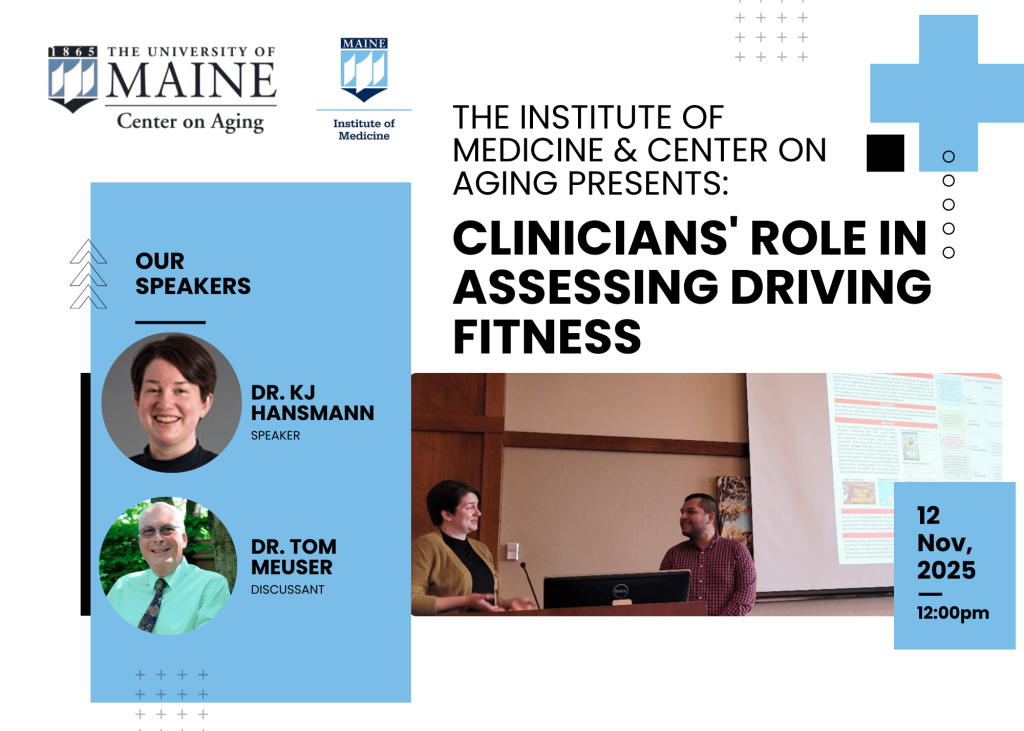Speaker: Julie Gosse, Ph.D., Associate Professor of Biochemistry, University of Maine.
About the speaker: Postdoctoral training (2005-2007) Dartmouth Medical School. Ph.D. (2005) Cornell University
Dr. Gosses’s research interests include biochemical, molecular, biophysical, and cellular toxicology and effects of toxicants on signal transduction pathways and mitochondria.
About the seminar: A wide swath of humanity is exposed to high concentrations of over-the counter (OTC) antimicrobials via numerous workplace, personal care product, and agricultural applications. Some of these drugs have been in use for decades, even for a century, and were “grandfathered in” for continual use approval rather than ever being subject to scientific study of their toxicological effects on eukaryotes (including humans). Two of these chemicals include triclosan (TCS) and cetylpyridinium chloride (CPC). The benefits of any widespread, high dose chemical must be weighed with potential risks by gathering toxicology data. CPC may have additional beneficial effects beyond its known antibacterial properties, including anti-influenza and anti-SARS-CoV-2 activities. However, we have discovered adverse effects of both TCS and CPC, at low doses, on mammalian immune cell signaling and mitochondrial function. Ironically, these antibacterial agents, employed to fight microbial disease, may inhibit immune function. We have determined the effective dose ranges and underlying molecular mechanisms, which aid in prediction of toxic effects in other systems or with similarly-structured chemicals. Along with other researchers’ data and a raft of epidemiological findings, this research led to the recent banning or removal from TCS from most consumer products. CPC is far less-studied than TCS and remains in numerous OTC products. We employ molecular, biochemical, and biophysical tools, including super-resolution fluorescence microscopy, to unravel the mechanisms by which these chemicals modulate immune cell and mitochondrial function. Our work provides insights into impacts on public health, and will point to either pharmacological uses for or toxic impacts of this ubiquitous chemicals.
This event is free, but registration is required



